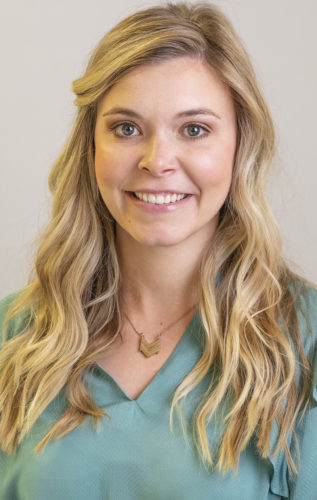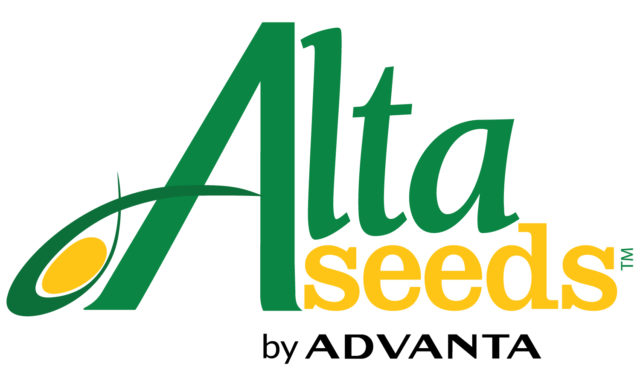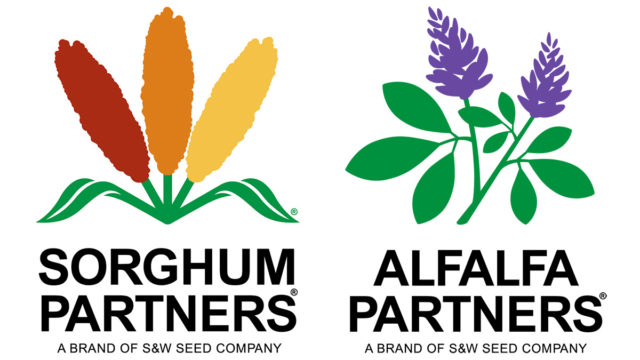“Really?” says the doctor. “Well, here’s something you can try on her to test her hearing. Stand some distance away from her and ask her a question. If she doesn’t answer, move a little closer and ask again. Keep doing this until she answers. Then you’ll be able to tell just how hard-of-hearing she really is.”
The man goes home and tries what the doctor told him. He walks in the front door, spots his wife across the room and says, “Hi, honey. What’s for dinner?”
He doesn’t hear an answer, so he moves closer to her.
“Honey, what’s for dinner?” he repeats.
Still no answer. He asks her several more times, until he’s standing just a few feet away from her.
Finally, she answers, “For the 11th time, I said we’re having meatloaf!”
As comical as this story may be, there is a message or two. Oftentimes, when a problem or conflict arises, the natural reaction is to point fingers but, in reality, the problem’s path might actually lead back to the individual.
“Why won’t my kids take charge of some things around here? Do I always have to tell them what needs to be done?” Or, from the other perspective, “Why doesn’t Dad trust me with anything? Can’t he see I’m ready?”
In all of these scenarios, whether it’s the parent, child or the hard-of-hearing man, the individual assumes another person is liable for a particular problem. The parent, while he might actually be right, views his kids as irresponsible and unappreciative. And the kids, well, they think Dad is unwilling to let them give his ’66 Corvette a wax, let alone hand over the keys.
Communication is known as a generational farm’s quiet killer. Without it, contingency plans aren’t created, assumptions are made, and feelings are hurt. Maybe you’ve heard the saying: “When you assume, you make a [you know what] out of me and you” … or at least it goes something like that.
I was at a beef conference recently and heard of a man who took over the family operation after his father passed away. Never given the chance to make management decisions, he turned to his neighbor for help: “When should I wean? What vaccinations should I give? When should I sell?” It was then and there the neighbor vowed his kids would never have to ask a neighbor.
Does that mean the deceased parent assumed his kids didn’t want to farm? Did he assume they weren’t ready? Did he assume they didn’t care? Or did he perhaps assume he would live forever?
Assumptions might have a place in hay and cattle markets, but they do not belong in family relationships. Set aside some time this month to make sure everyone is on the same page. Get things out in the open and make sure family members know they are appreciated.
I might not be a family farm consultant, but I do know what it’s like to assume someone else has the gate during weaning … and I’ll tell you what, it does make a “[you know what] out of me and you.” ![]()

-
Cassidy Woolsey
- Editor
- Progressive Forage
- Email Cassidy Woolsey











